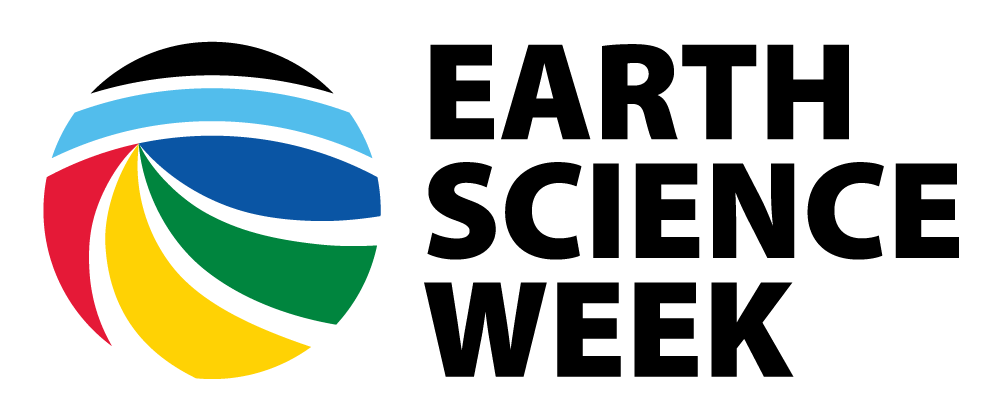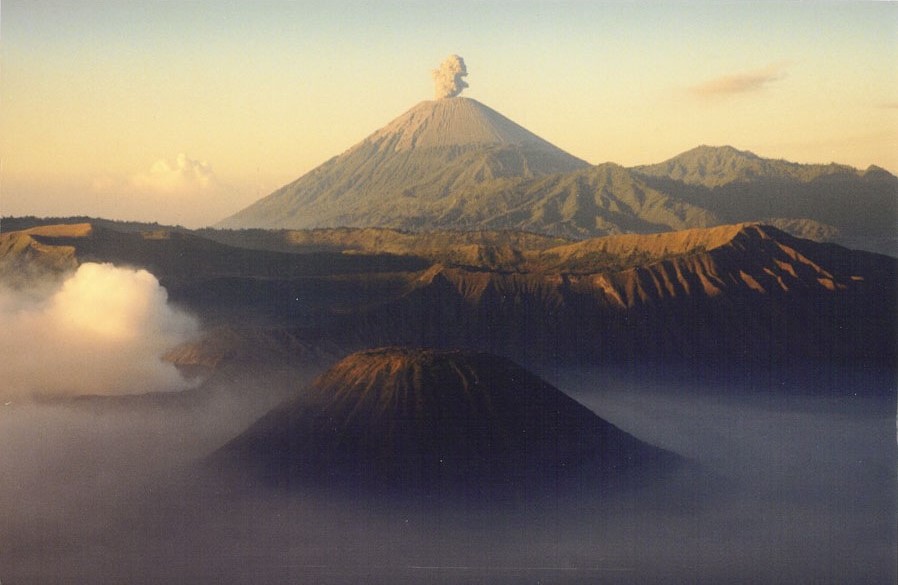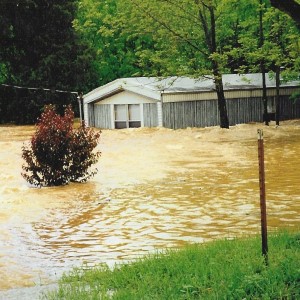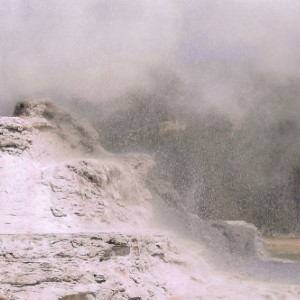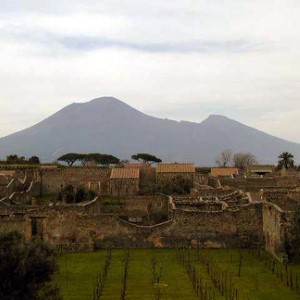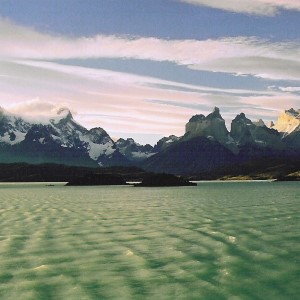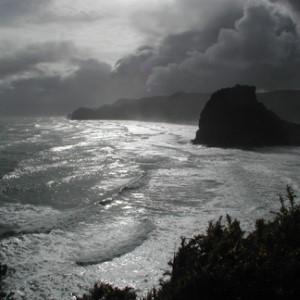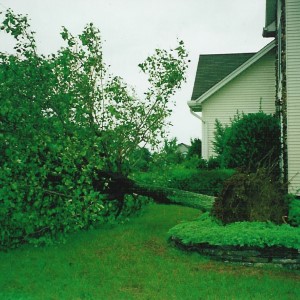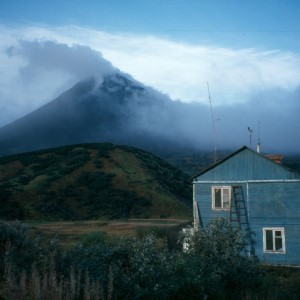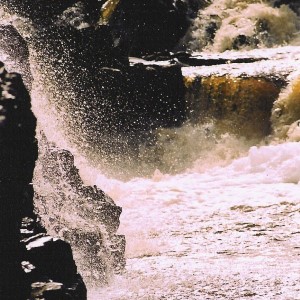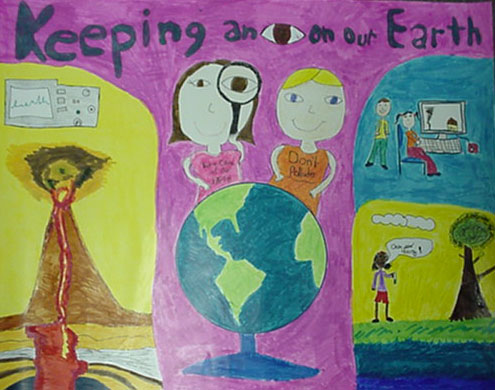2003 Contest Winners
Photography Contest
Ben Kennedy of McGill University is this year’s winner of the Earth Science Week photography contest. Ben’s photograph is of the Tengar Caldera and Mt. Semeru in Indonesia.
This year’s theme is “Living on a Restless Planet,” which will correspond with the theme for next year’s Earth Science Week. Photos should capture some aspect of natural hazards at any time scale or size. The winning photo will be used in the 2004 Earth Science Week Logo.
Finalists
Visual Art Contest
Congratulations go out to Christina Gill of Herndon, Virginia! Her poster, Keeping an Eye on Our Earth, is this year’s visual arts contest winner.
The visual arts contest theme is “Earth Science in Your World”. This theme is designed to get students thinking about how Earth science affects their everyday lives.
Essay Contest
Jessica Taylor of Cary, North Carolina is the winner of this year’s essay contest. Click on the excerpt to read her poem on volcanologists and what they do.
The topic of the essay is “Your Career as an Earth Scientist.” Students in grades 5-12 can write about a career they might like to have as a geoscientist. Essays can be either fiction or nonfiction and should be no more than 500 words in length.
The views and assertions presented in essays are neither endorsed by nor reflect the positions the American Geosciences Institute.
